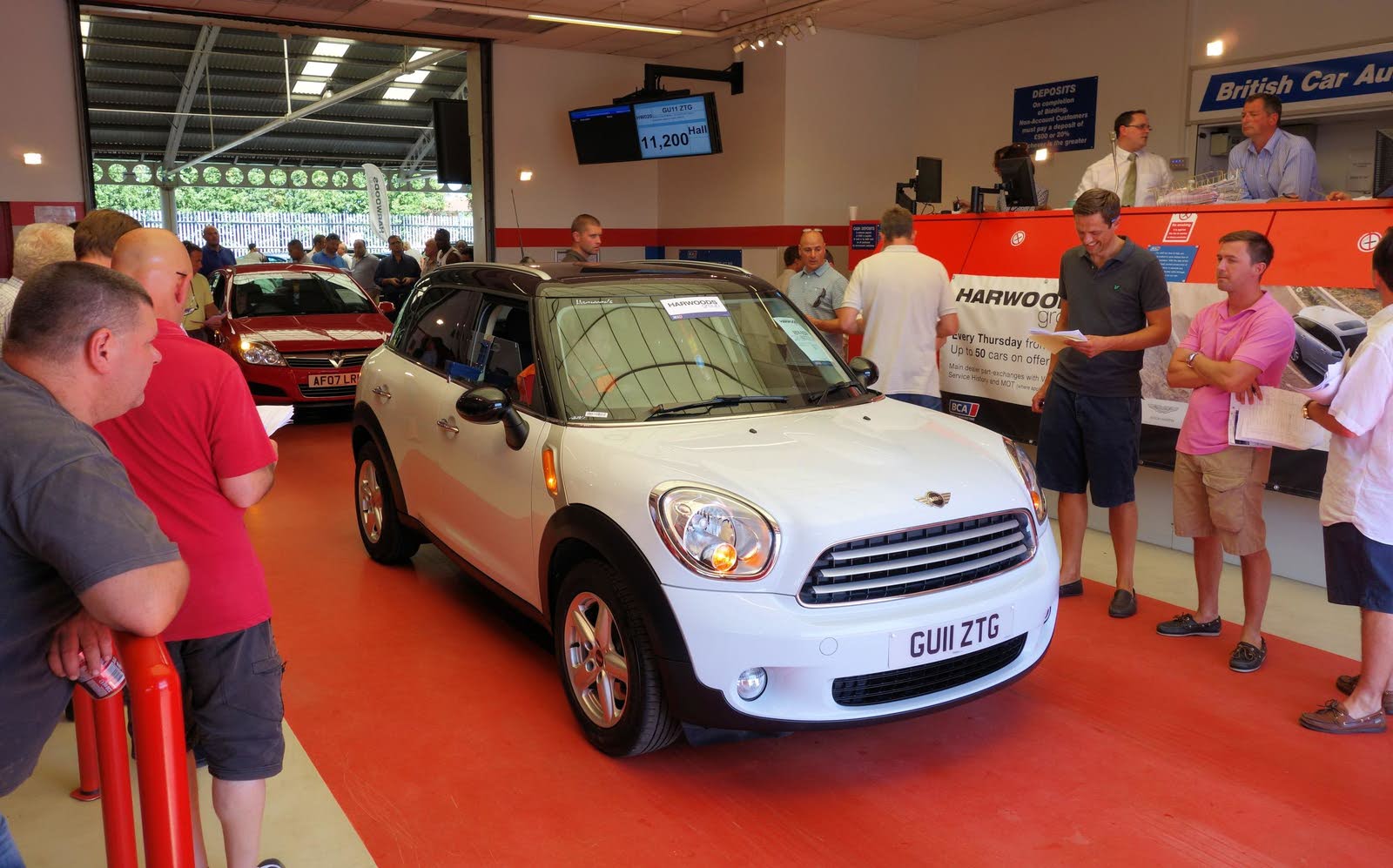In today's car landscape, purchasing a pre-owned car has become an increasingly appealing option for many motorists. With brand new car prices rising and the economy fluctuating, an increasing number of consumers are opting for the strong used car market to find dependable vehicles that suit their budgets. However, navigating this market requires careful consideration and knowledge to sidestep pitfalls. From comprehending the distinctions between certified pre-owned and traditional used cars to learning how to spot a good deal, this guide aims to equip you with the insights needed to make informed decisions.
While we investigate the most reliable used car brands, we will delve into key topics that are important most to consumers. You'll discover about the 10 important things to check before purchasing a used vehicle, the optimal time of year to buy, and even suggestions for financing if you have bad credit. Whether you’re on the hunt for a family-friendly SUV, a reliable truck for towing, or a high-end car at an reasonable price, knowing which brands are enduring is crucial. Join us as we uncover what makes certain used car brands superior than others and guide you through the entire buying process.
Buying a Used Car: Essential Tips
When considering the buying of a pre-owned vehicle, comprehensive investigation is key. Start by finding the make and model that best suits your needs, whether it’s a reliable sedan for daily commuting or a spacious SUV for group trips. Utilize web-based tools to compare ratings and reliability ratings of various vehicles. It’s important to focus on the manufacturers known for durability and low maintenance costs, as this can help you save money in the long run.
Before making your choice, make sure to check the car thoroughly. Look for any signs of wear and deterioration, and request for a comprehensive history of the car, including previous ownership and maintenance records. If feasible, get a reliable mechanic to perform an examination. This step can assist uncover potential problems that may not be immediately apparent, guaranteeing you make an educated decision.
Lastly, grasping the monetary aspects of buying a used car is critical. Acquaint yourself with the current market value of the vehicle you’re considering to identify good deals. Explore loan options suited to your situation, especially if you have poor credit. Knowing how to handle bargaining effectively can lead to a more favorable cost and conditions, eventually making your buying experience easier and more satisfying.
Ideal Reliable Used Car Selections
When it comes to reliability, Japanese brands often lead the way. Toyota and Honda are frequently praised for their reliability and low maintenance costs. Models like the Camry and Accord have a long-standing legacy for being trustworthy vehicles that can last well over 200,000 miles with good maintenance. Their availability in the used car market also means you can find numerous options at various price points, making them affordable for many buyers.
A different brand renowned for its reliability is the Subaru brand, particularly for those looking for a vehicle that can handle all weather conditions. The Subaru Outback and Forester not only offer impressive performance but also come equipped with AWD, making them ideal for families and outdoor enthusiasts. The durability of Subaru vehicles, paired with their safety ratings, makes them a solid choice for anyone in search of peace of mind in their used car purchase.
For those in search of something a bit different, take a look at models from Ford and Chevrolet. The Ford F-150 is frequently touted as one of the best-used trucks available, renowned for its towing capacity and robust performance. Meanwhile, the Malibu offers a pleasant ride and has gained a reputation for reliability in the sedan segment. Both brands have a broad dealer network, which eases the process of finding parts and service, further adding to their value as used purchases.

Funding and Assurances Explained
When considering a used car, comprehending funding possibilities is essential, particularly for buyers with challenging credit. Many car dealers offer payment options designed for individuals with subpar credit histories. used cars Angus to compare options and evaluate interest rates from different lenders, including banks and community banks, to get the best deal. Additionally, be mindful of initial payments and monthly payments, as these will significantly impact your entire budget.
Assurances hold an important role in the pre-owned vehicle market, as they provide reassurance for buyers. While traditional used cars might not offer a manufacturer warranty, CPO vehicles often do, offering limited warranties that cover particular components for a designated period. Buyers should think about the most suitable extended guarantee choices available to them, as these can help mitigate repair costs in the future and raise the car's resale value.
Comprehending the relationship between used car pricing and value reduction is crucial for negotiating a beneficial deal. Used cars generally lose value at a slower rate than new cars, making them more cost-effective over time. It's recommended to explore the current market value and trends to ensure you are not overpaying. Knowing how to find a great deal involves considering factors like miles driven, overall condition, and recent market changes, which can all impact a vehicle's cost and perceived value.
